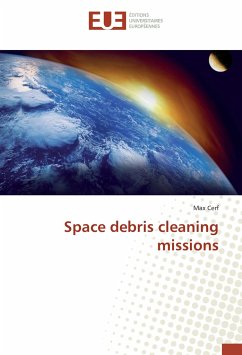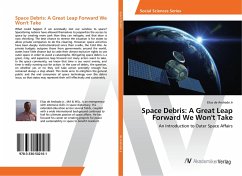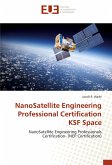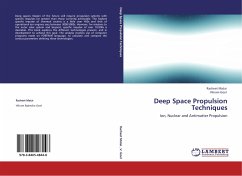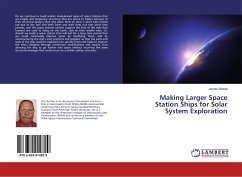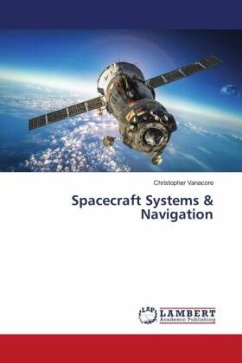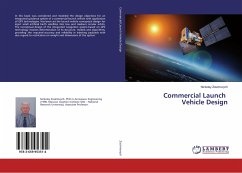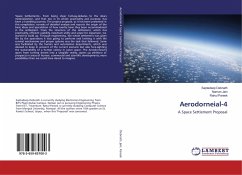The space adventure in the 21th century faces the challenge of debris cleaning. Fifty years of spacecraft launches have indeed led to a critical number of dangerous debris orbiting in the near-Earth region. Cleaning missions are under study. They consist in launching a dedicated vehicle to capture and deorbit successively several heavy debris by setting them on fall down trajectories. The vehicle cost is directly determined by the fuel consumption. Minimizing this cost raises several mathematical and programming issues which are addressed in this book. The mission planning is a kind of Travelling Salesman Problem, with additional complexities due to the debris orbital motion and to the cleaning vehicle trajectory control. The problem formulation involving orbital mechanics, rocket propulsion technology and mathematical optimization is exposed and theoretically analyzed. Practical solution methods are implemented involving various optimization techniques from integer / linear / nonlinear programming, optimal control and metaheuristics such as simulated annealing. These numerical methods are illustrated through detailed application cases.
Bitte wählen Sie Ihr Anliegen aus.
Rechnungen
Retourenschein anfordern
Bestellstatus
Storno

